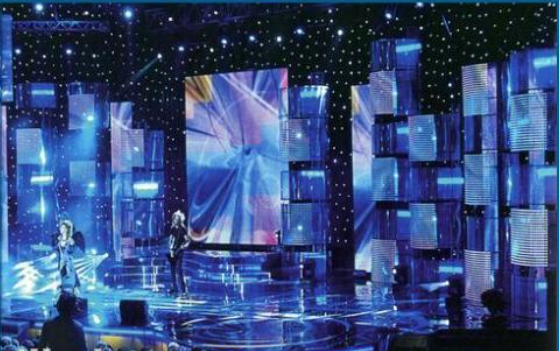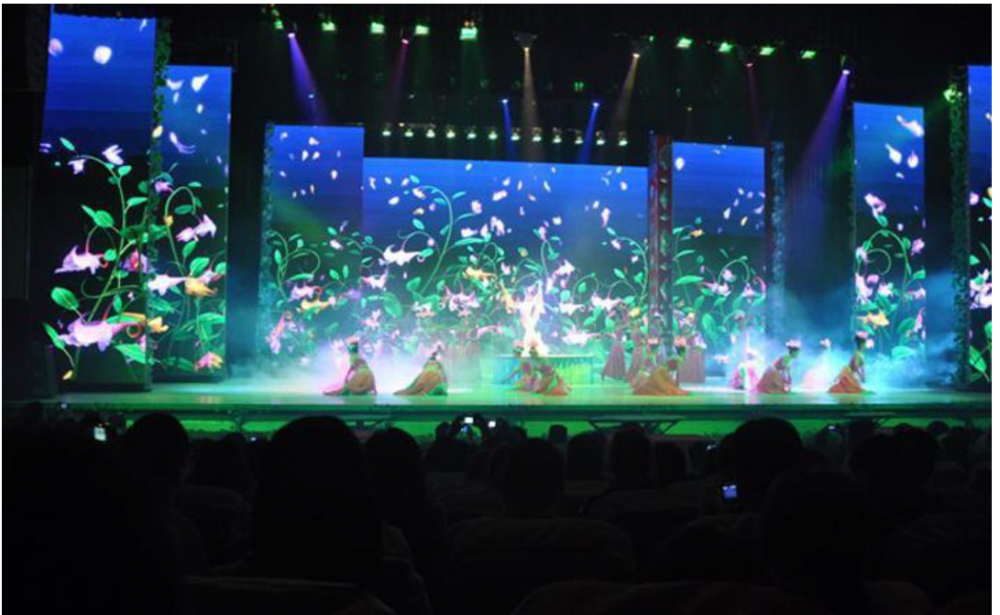NVC lighting storm: a war of both losers?
According to information disclosed by the Hong Kong Stock Exchange, on December 5, Wu Changjiang spent HK$168 million to increase its holding of NVC Lighting (02222) with a long position of 84 million shares, and its shareholding ratio rose to 22.07%. The company's Safran Asia and Germany's Schneider Electric are the second and third largest shareholders, holding 18.48% and 9.21%. The market generally interprets Wu Changjiang’s behavior as an increase in the weight of the right to speak, paving the way for a return to the chairmanship.
As the founder of NVC Lighting, Wu Changjiang changed from a chairmanship to a current “temporary operation committee leader†after a series of twists and turns in the “NVC storm†more than half a year ago. This is because of the twists and turns. NVC Lighting has staged a "war drama" between "entrepreneurs" and "investors." Regardless of the outcome, the process of “infighting†has undoubtedly had a huge impact on the company. This “slapstick†in corporate governance is a “tragedy†for entrepreneurs and investors.
"Double Loss" War
On May 25 this year, NVC Lighting, the largest private lighting company in China, caused an uproar due to a paper announcement. Wu Changjiang, the founder of the company, resigned from the company's chairman and all other positions for personal reasons. From the then NVC's largest shareholder, the investor's chief partner of Safford Investment Fund, became the chairman. On July 12, Wu Changjiang issued a “declaration of war†to the board of directors of the company and asked to return to NVC. The NVC storm was staged.
Then, around Wu Changjiang's return to the issue, on July 12, the NVC dealers staged a strong drama to force Wu Changjiang; on July 13, NVC lighting staff stopped the national protest, and on July 27, the NVC operator held a mobilization meeting to restart the stove. Events occur in succession. At that time, Wu Changjiang and Yan, who were at the center of the storm, were also opposite each other.
Until September 4, NVC Lighting announced that the board of directors decided to set up a temporary operation committee, which appointed Wu Changjiang as the head of the company's temporary operation committee, which manages the company's daily operations. The NVC lighting storm has come to an end.
More than two months ago, he publicly stated that he "hopes to quit his chairman tomorrow." The board of directors "has always welcomed Wu Changjiang's return." The ideal chairman of the board of directors is Wu Changjiang. According to its disclosure, Wu Changjiang’s return to the board of directors “is now in the process of goingâ€, “will not exceed three monthsâ€. At present, the market generally believes that Wu Changjiang will return to the chairmanship of NVC Lighting during the year.
Although the "NVC storm" ended in reconciliation, the founder and the investor had a tit-for-tat relationship with the company in the past six months. The market value of NVC was reduced by more than half, and the operating performance of NVC Lighting was also I have been hit hard. In addition, the storm has also caused the NVC lighting executive team to experience turmoil. This result can be described as a "double lose" situation for founders and investors, and the problem lies in corporate governance.
Who has the final say?
“'NVC storm' is a key concept in corporate governance. Who is the owner of the company? Is it an entrepreneur or an investor?†said Liang Neng, a professor at China Europe International Business School.
"China is a country with a strong traditional concept. It pays attention to the level of honor, the monarch and the minister. The order is insurmountable. If this concept is extended to the management of enterprises, there will be a misunderstanding, as if the enterprise is the founder, even if After the listing, it is still the founder. However, if it is placed in the United States, the public enterprise after the listing of the company must be selected according to the manager's ability to manage the enterprise." Liang Neng said.
Wu Changjiang once compared himself to “driving†and the investor was “riding the carâ€. In this regard, Zhang Yan, a professor at China Europe International Business School, said that the founders have deep feelings for the company and have a deep relationship with the upstream and downstream of the company, but it is also very dangerous if the "driver" "opens the wrong car". "As a public company listed, the most important thing is to have checks and balances. Whenever one party has a mistake, there must be another party's power to check and balance."
Liang Neng believes that according to the corporate governance charter, the board of directors should be the operational decision-making body in charge of corporate affairs. "Whoever is at the helm should also be the board of directors. If the 'driver' and 'catch-up' are tit-for-tat, there is a fundamental conflict of interest, and the key issues will not reach a consensus, and the car will be destroyed. This responsibility is both a driver. It is also the board of directors."
"Creation" and "investment" checks and balances
"'NVC storm' reflects the problem that the company has not paid much attention to corporate governance and has not attached importance to the board of directors for a long time." Liang Neng said. In fact, from the perspective of corporate governance, at the beginning of the "creation" and "investment" cooperation, both sides should have a clear understanding of the cooperation concept and the other party's checks and balances.
“From the founder’s point of view, one must be aware of the problem that when introducing external investors, the founders accept not only funds but also supervision from these external investors. I think this is not only Wu Changjiang, for any founder, this is a reality that must be faced." Zhang Yan said.
Liang Neng said that for the founders, before preparing for listing, they need to be aware that once the company is listed, it is a public enterprise and no longer a personal enterprise. After becoming a public enterprise, in addition to the sharing of decision-making power, another important question for the founder is whether the concept of the strategic investor and the founder's philosophy are consistent, and whether the long-term goal is consistent.
For investors, both professors said that if they find that the founders are unwilling to accept supervision, then acknowledging that the investment failed, leaving at an appropriate time is a better choice.
Regarding how to avoid the contradiction between “creation†and “investmentâ€, Liang can suggest: “It is possible to consider setting up a strategy committee under the board of directors. The major strategy should be implemented after discussion in the committee, instead of after the general manager’s implementation, the board of directors will come back afterwards. Responsibility. After the two parties have agreed on the strategic direction in advance, the specific operational details are easier to coordinate."
Now, the "NVC storm" seems to have come to an end, how can NVC lighting in the future avoid repeating the same mistakes? Liang Neng said that the key is whether the two sides can reach an agreement on the company's long-term strategic business direction. Companies should cultivate it as a core competency at the enterprise level, rather than ensuring core competencies at the founder level. "I feel that to some extent, NVC lighting is being kidnapped by dealers, which actually reflects a more fundamental question, is whether the business model of NVC has a sustainable core competitiveness. From the value chain of the industry It is said that the bargaining power of dealers is far greater than that of NVC Lighting. The core power of the company has become 'the competitiveness of Wu Changjiang', which indicates that its business model is problematic. NVC Lighting should strengthen the cultivation of the company itself. Competitive." Liang can say.
(This article is reproduced on the Internet. The texts and opinions expressed in this article have not been confirmed by this site, nor do they represent the position of Gaogong LED. Readers need to verify the relevant content by themselves.)

JoyLED rental LED display products featuring with light and slim LED panel suitable for fast and convenient installation are warmly welcomed by large amount of indoor stage rental Led Display customers. JoyLED provides rental LED screen to add more flavor for the indoor stage show with sharp and clear picture showing by our indoor rental LED board.


Led Display Wall,Movable Led Panel Screen,Rental Led Wall Screen,Led Rental Indoor Display
Shenzhen Joy LED Display Co., Ltd. , https://www.joe-led.com
